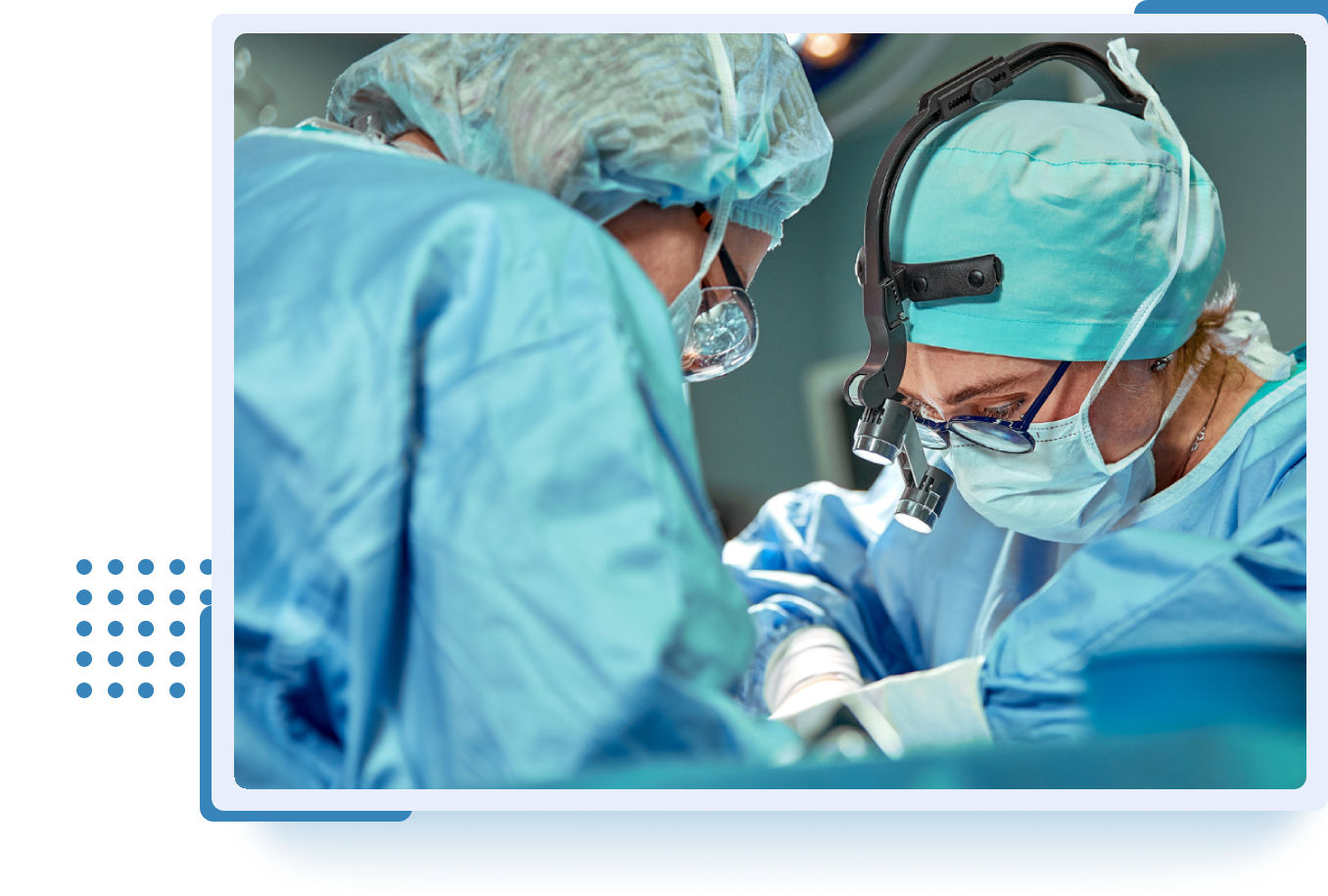Leading the Way in Advanced Surgical Solutions
Magnolia stands for community. We stand for compassion. But more than anything, Magnolia stands for health. Providing world-class health care is our specialty and the commitment to the health of our community is who we are.

Specializing In The Areas
You Need Most
We provide the world class services with the best medical team!
State-of-the-Art Ambulatory Surgery and Recovery Services
Click below for more information on
pre-op, day of, and post surgical care.
Magnolia Surgery Center
Our Team
Welcome to Magnolia Surgery Center, where cutting-edge medical care meets a team of skilled and dedicated surgeons. Our esteemed surgeon team is comprised of experts who bring a wealth of experience and expertise to the operating room. From highly specialized procedures to compassionate patient care, our surgeons are committed to delivering exceptional results. Meet the faces behind our surgical excellence.
Our Address
Magnolia Surgery Center
14571 Magnolia Street, Suite 107,
Westminster, California 92683
Monday – Friday: 6AM-5:00PM
Saturday – Sunday: Closed







